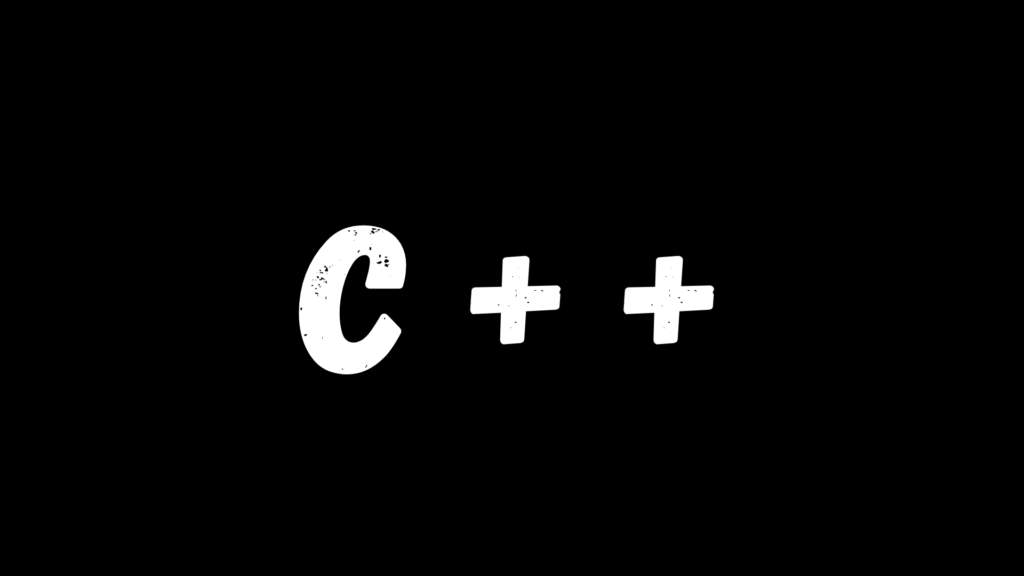
From Zero to C++ Hero: The Ultimate Beginner’s Guide to Mastering C++
If you’re reading this, chances are you’re ready to dive into the world of programming and have chosen C++ as your starting point. Congratulations! C++ is a powerful, versatile language used in everything from game development to high-performance computing. But where should you begin? Learning C++ can seem daunting, especially if you’re a beginner. Don’t worry—this guide will walk you through the best ways to learn C++, step by step, in a way that’s engaging and effective.
Why Learn C++?
Before we dive into the how, let’s talk about the why. C++ is one of the foundational programming languages. It’s known for its:
- Performance: C++ is a compiled language, making it faster than many others.
- Versatility: It’s used in various domains like game development, operating systems, and even financial modeling.
- Career Opportunities: Mastering C++ can open doors to lucrative job roles.
Understanding why C++ matters will keep you motivated as you tackle its complexities.
Step 1: Get Familiar with the Basics
1.1 Understand What C++ Is
C++ is an object-oriented programming language. It builds on C and introduces features like classes and inheritance, which make it powerful yet complex.
1.2 Install a Compiler and IDE
Before writing any code, you need the right tools:
- Compiler: Popular choices include GCC and Clang.
- IDE: Visual Studio Code, Code::Blocks, or CLion are beginner-friendly.
1.3 Learn Syntax Basics
Start with:
- Variables and data types
- Loops (for, while)
- Conditionals (if, else if, else)
- Functions
There are plenty of beginner tutorials and videos to guide you through these.
Step 2: Use Structured Learning Resources
2.1 Books
- “C++ Primer” by Stanley Lippman: Great for beginners.
- “Accelerated C++” by Andrew Koenig: Ideal for fast learners.
2.2 Online Courses
Platforms like Udemy, Coursera, and Codecademy offer interactive courses:
- Look for beginner-friendly courses with hands-on projects.
2.3 Tutorials and Documentation
The official C++ documentation and sites like GeeksforGeeks and Tutorialspoint are excellent references.
Step 3: Practice, Practice, Practice
3.1 Start with Small Projects
Begin with simple projects like:
- A calculator
- A number guessing game
3.2 Participate in Coding Challenges
Platforms like HackerRank, LeetCode, and Codeforces offer challenges tailored for beginners. They’re a fun way to improve problem-solving skills.
3.3 Contribute to Open Source
Once you’re comfortable, contributing to open-source projects is a fantastic way to gain real-world experience.
Step 4: Learn Advanced Topics
As you gain confidence, dive into:
- Object-oriented programming (OOP)
- Data structures and algorithms
- File handling
- Memory management and pointers
Step 5: Build Real-World Projects
5.1 Why Projects Matter
Building projects will solidify your skills and make your portfolio stand out.
5.2 Project Ideas
- Simple Games: Like Tic-Tac-Toe or Snake.
- Basic Software: A to-do list or budgeting app.
- Algorithms Visualization: Create a visual representation of sorting algorithms.
Step 6: Join Communities and Stay Updated
6.1 Online Forums
Participate in forums like Stack Overflow or Reddit’s r/cpp to ask questions and share knowledge.
6.2 Meetups and Conferences
If possible, attend local programming meetups or C++ conferences to network with professionals.
6.3 Follow Experts
Stay updated by following C++ experts and blogs for tips and best practices.
Tools and Resources Round-Up
Here are some of the best tools to boost your learning:
Compilers and IDEs
- GCC
- Visual Studio Code
Online Platforms
- Codecademy
- HackerRank
Books
- “C++ Primer”
- “Accelerated C++”
Final Thoughts
Learning C++ is a journey, not a sprint. Start with the basics, practice consistently, and don’t hesitate to seek help when stuck. With the right resources and determination, you’ll be writing efficient, high-performance code in no time. Happy coding!